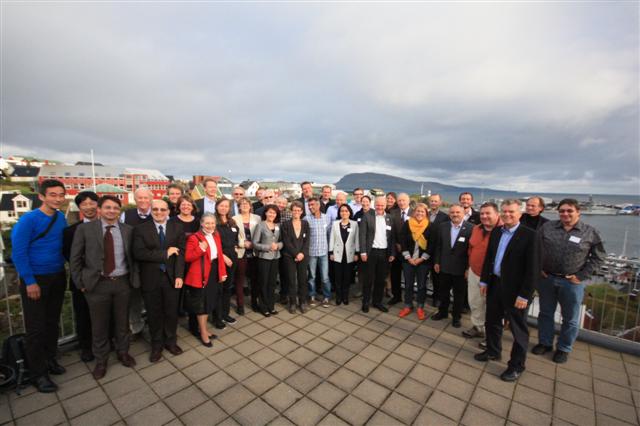
Arctic Council will study Arctic adaptation
I attended the latest Arctic Monitoring and Assessment Programme Working Group meeting in the Faroe Islands to communicate WWF’s vision for the future of the Arctic. In these remote islands, the Arctic countries were discussing how to approach adaptation actions in the context of a rapidly changing Arctic. The overall idea of this new project is to assess impacts of climate change as well as other changes expected to affect the region like increasing industrialization, shipping and tourism.
In order to assess adaptation actions in the Arctic on short and long term, the group will rely on existing scenarios on global key drivers of change. Expected global developments are likely to impact the Arctic’s people and ecosystems. Global economic development and our increasing demand for natural resources will be one of the important challenges for the Arctic environment during decades ahead.
As emerging economies like Brazil or some Asian nations mature and global human population in 2050 is projected to hit 9.6 billion, there is a pressing need to adopt a forward-looking sustainability framework to guide our management of the environment. WWF understands adaptation through the lens of our relationship with nature which means that adaptation actions in the Arctic region must aim to enhance both human well-being and ecosystem resilience.
